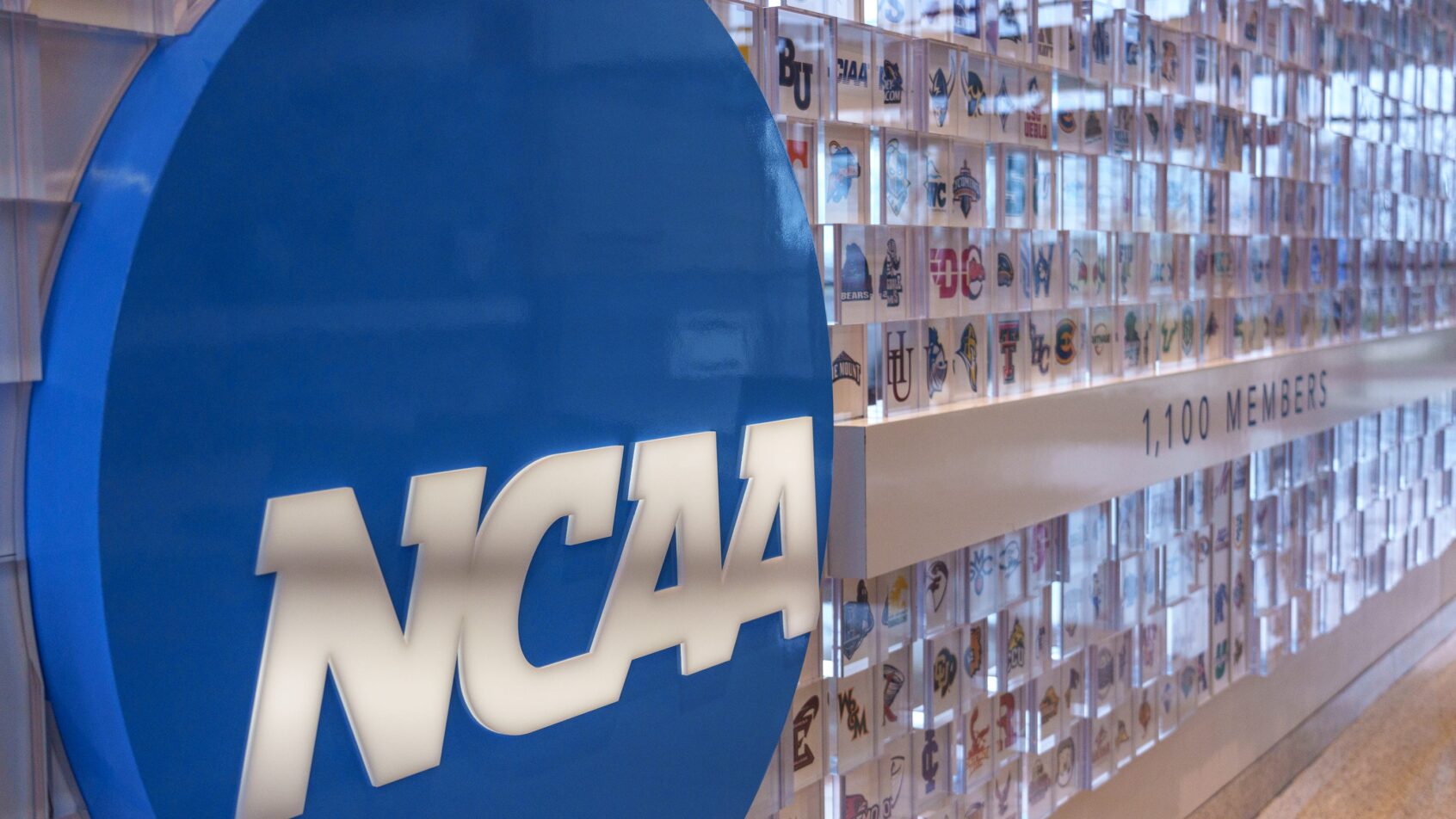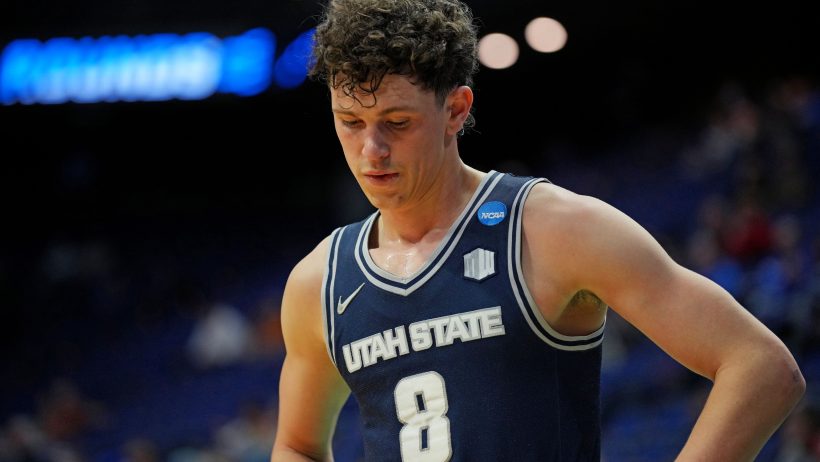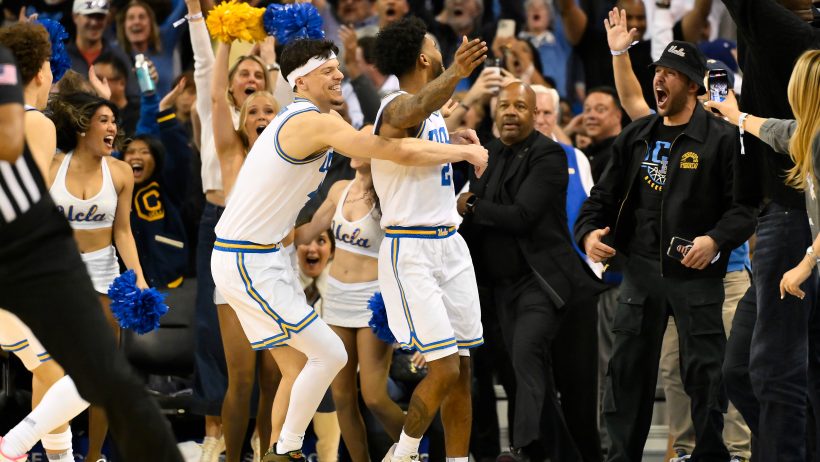NCAA DI Council Proposes Allowing Athletes to Bet on Professional Sports
By Robert Linnehan in Sports Betting News
Published:

- The DI Council on Tuesday officially proposed allowing student athletes, staff members to bet on professional sports
- The rule change will potentially be adopted in October
- DII and DIII officials will also have to agree to the rule change, or it will not go into effect at any level
The NCAA has taken another step towards allowing student-athletes and staff members to bet on professional sports.
According to an update from the NCAA, the Division I Council introduced a proposal on Tuesday, June 24, to change the sports betting rules to permit student-athletes and staff members to bet on professional sports. If approved, the NCAA will refocus its enforcement efforts on college sports betting and behaviors that impact game integrity.
The proposal will receive a final vote in October. It will only go into effect if also approved by both DII and DIII officials.
New Professional Sports Betting Rules
Sports Betting Dime reported on this rule change possibility in May 2024, when Mark Hicks, managing director of enforcement for the NCAA, said the NCAA started discussions with its three division leaders to evaluate its sports betting policy and if the policy should be “liberalized.”
The proposal came after a directive from the DI Board of Directors in April, which proposed the council adopt changes to the sports betting rules.
“NCAA rules prohibiting sports betting at all levels were written and adopted at a time when sports gambling was largely illegal nationwide,” said Josh Whitman, athletics director at Illinois and chair of the council. “As betting on sports has become more widely accepted across the country, Division I members have determined that further discussion of these sports betting rules is warranted, particularly as it relates to the potential distinctions between betting on professional versus collegiate sports. Throughout our discussions, the council has remained focused on student-athlete wellness and educating student-athletes about the risks and potentially harmful impacts of betting.”
The rule change would not be retroactive. If approved, it would apply only to sports betting that occurs after the effective date of the proposal.
As it currently stands, athletes face stiff penalties from the NCAA if found betting on college or professional sports, which could lead to permanent loss of collegiate eligibility in the most harshest of cases. Other penalties are determined by the amount bet on professional sports and what type of bet, or on what team, is made on college sports.
However, sports betting is now legal in 40 states and more accepted then when the NCAA devised its original gambling policies.
The NCAA modernized its sports betting policies in June 2023, as reinstatement guidelines for student-athletes found participating in sports betting (but not on their own school) were made more lenient.
Prioritizing Competition Integrity
According to the NCAA, the association will continue to prioritize competition integrity and monitor over 22,000 contests per year for potential integrity issues.
“The enforcement staff’s sports betting-related caseload has significantly increased in recent years, and our staff – including our new sports betting integrity unit – has been effective in detecting and pursuing violations,” said Jon Duncan, NCAA vice president of enforcement.
The NCAA will also continue to monitor events and protect student-athletes from harassment. Sportsbooks licensing NCAA championship data must cooperate with NCAA investigations, including providing access to account data, financial history and geolocation records.
This allows the NCAA to work with sportsbooks to gather account information when harassers are identified to prevent repeat offenders from continuing to place bets.

Regulatory Writer and Editor
Robert Linnehan covers all regulatory developments in online gambling and sports betting. He specializes in U.S. sports betting news along with casino regulation news as one of the most trusted sources in the country.



